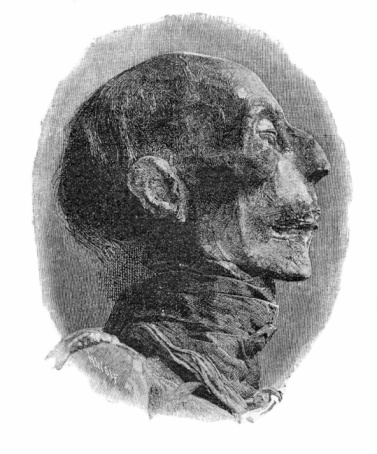 If you’re a high school senior, you’re probably looking forward to prom, graduation, and college. Now is a perfect time to visit Dr. Pate to brighten your smile for these special occasions. Behavior and lifestyle changes during the teenage years can affect your oral health. Let’s take a look at the common dental problems that affect teenagers, and the treatments Dr. Pate can use to restore the issues before the big day.
If you’re a high school senior, you’re probably looking forward to prom, graduation, and college. Now is a perfect time to visit Dr. Pate to brighten your smile for these special occasions. Behavior and lifestyle changes during the teenage years can affect your oral health. Let’s take a look at the common dental problems that affect teenagers, and the treatments Dr. Pate can use to restore the issues before the big day.
Body Development
As your body develops, so does your mouth. Your teeth may shift and become crooked, or your bite may become misaligned. Braces are a common option to restore your alignment. However, if you’re worried that a mouth full of metal will hinder your adult image, Dr. Pate offers Invisalign clear braces to straighten your smile without wires and brackets. As a bonus, they are removable so you can take them out during your prom or graduation ceremony. Additionally, your wisdom teeth begin to develop and erupt in the late teen years. Third molars often don’t have enough room to grow in properly, creating pain and crowding that cause the need for an extraction. Summer is a great time to schedule your extraction so you have enough free time to recover. Furthermore, puberty and menstruation cause hormonal changes in your bloodstream. These changes can increase blood circulation to your gums and may cause tender, sore, or swollen gums.







